Economist Peter Atwater has warned that lower-income Americans are facing a "sea of despair" as they perceive economic conditions worsening for them. Atwater, an adjunct professor of economics at the College of William & Mary and president of Financial Insyghts, made the statement in a recent discussion about the K-shaped economy, a concept he popularized in 2020.
According to Atwater, the K-shaped economy is characterized by a growing gap between the haves and have-nots, with white-collar employees able to work remotely while blue-collar workers were left outside the work-from-home bubble. This divide has led to a crisis of confidence in the American dream, with many Americans questioning whether they can achieve a better life for themselves and their families.
Atwater credits Ivan the K, an anonymous Twitter user, with coining the term "K-shaped economy," but notes that he was the first to run with it, publishing a series of pieces in 2020 about the growing economic disparities. He argues that the pandemic has exacerbated these disparities, with some individuals and businesses recovering quickly while others struggle to stay afloat.
The K-shaped economy has significant implications for the US economy, with Atwater warning that the bottom 90% of Americans are facing a "sea of despair." He notes that this group is experiencing stagnant wages, rising inequality, and limited access to education and job opportunities. In contrast, the top 10% of Americans are enjoying rising incomes, improved job security, and greater access to education and career advancement.
Atwater's warnings are backed by data, which shows that the US economy has become increasingly unequal over the past decade. According to a report by the Economic Policy Institute, the top 10% of earners in the US now hold more than 70% of the country's wealth, while the bottom 50% hold less than 1%. This trend is likely to continue unless policymakers take action to address the root causes of inequality, such as stagnant wages, limited access to education and job training, and a lack of affordable healthcare.
In response to Atwater's warnings, some experts are calling for policymakers to take a more active role in addressing income inequality. "We need to recognize that the K-shaped economy is not just a economic phenomenon, but a social and political one as well," said Dr. Darrick Hamilton, a professor of economics and urban policy at the New School. "We need to take bold action to address the root causes of inequality, including stagnant wages, limited access to education and job training, and a lack of affordable healthcare."
The current status of the K-shaped economy is uncertain, with many experts predicting that the trend of increasing inequality will continue unless policymakers take action. Atwater notes that the pandemic has accelerated the trend, but also created opportunities for policymakers to address the root causes of inequality. "The pandemic has exposed the weaknesses of our economy and highlighted the need for bold action to address income inequality," he said. "We have a chance to create a more equitable economy, but it will require policymakers to take a more active role in addressing the root causes of inequality."






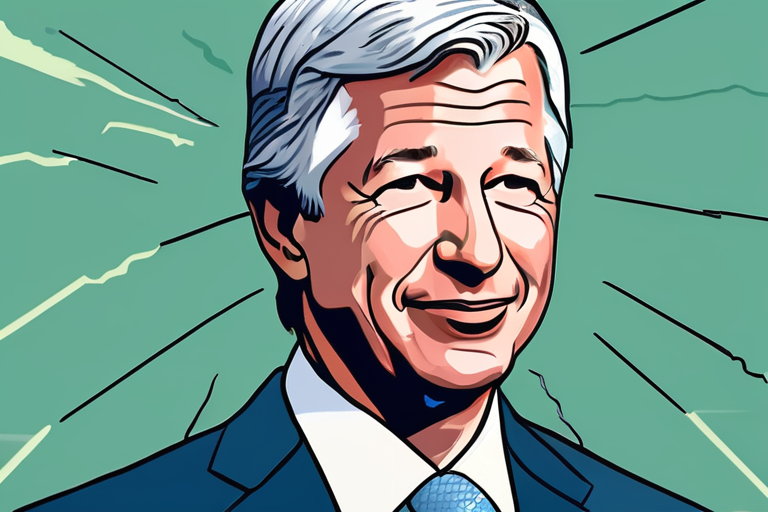

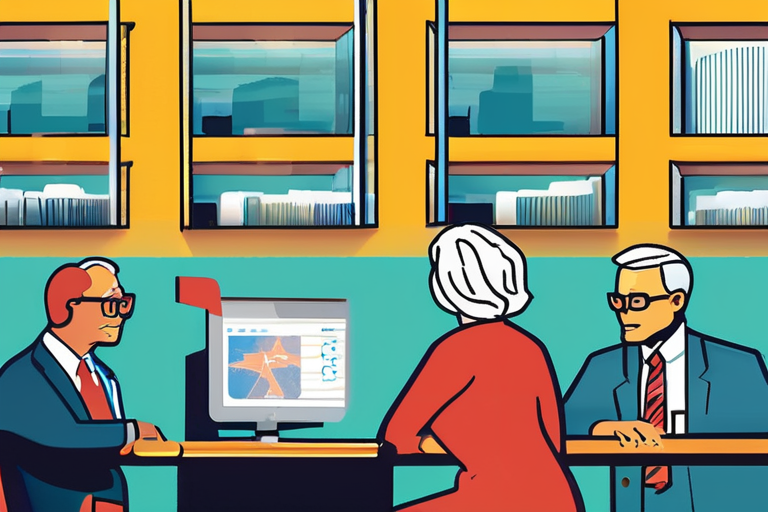





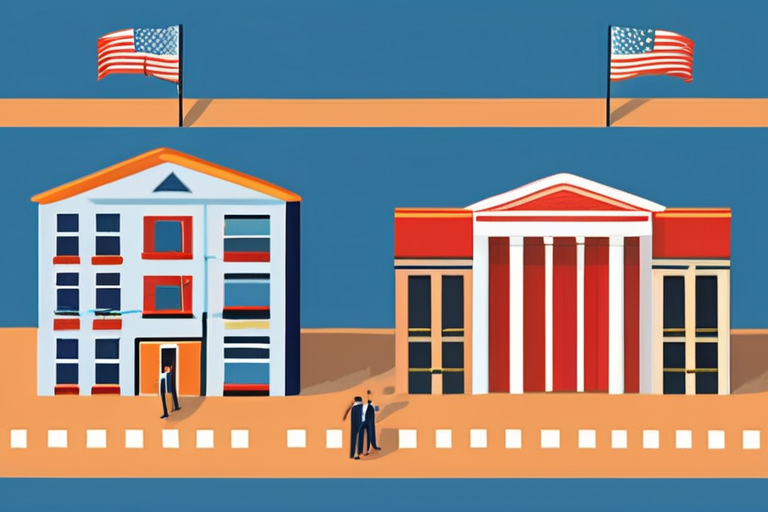

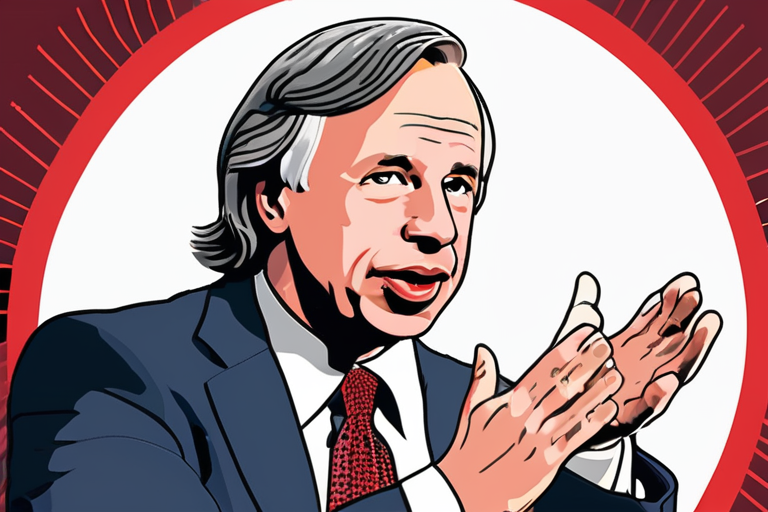
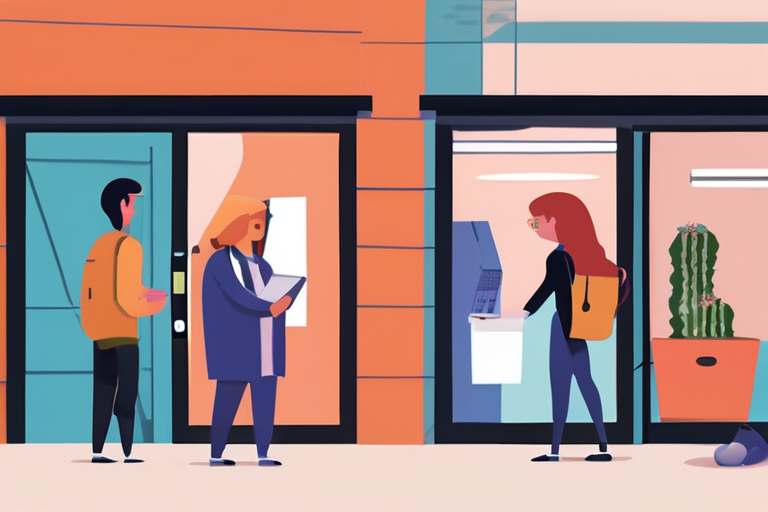
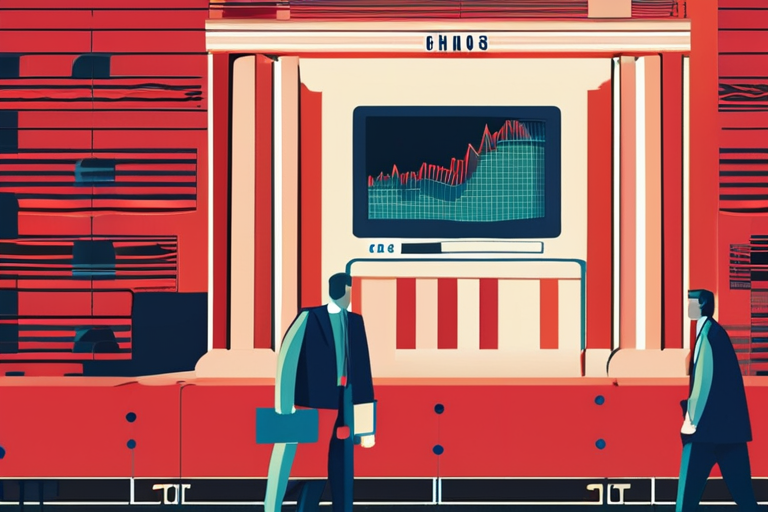

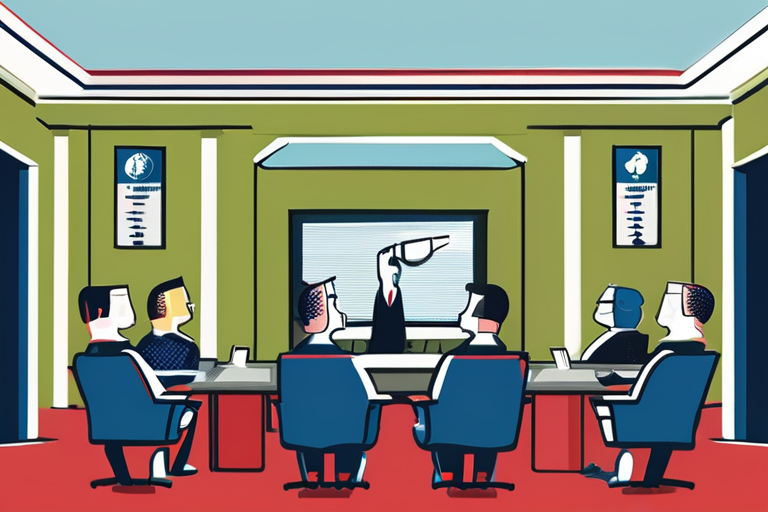
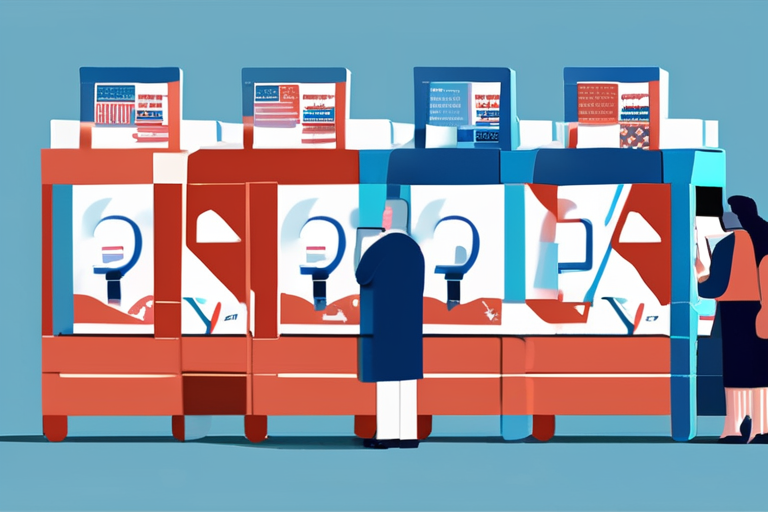

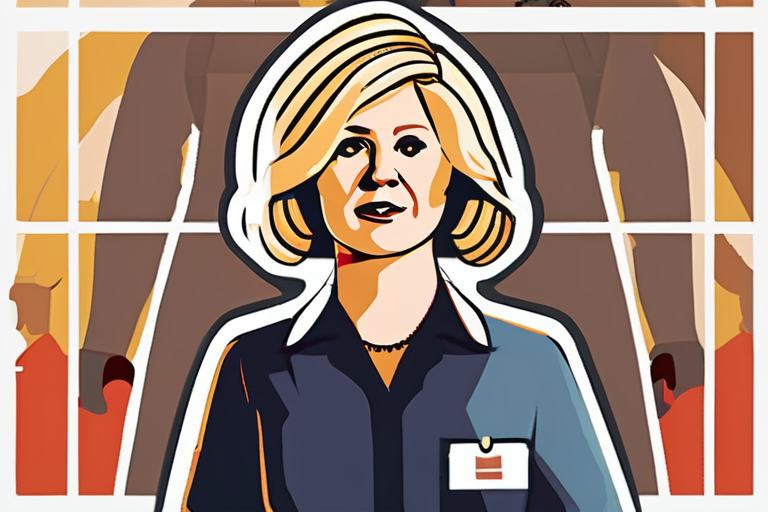

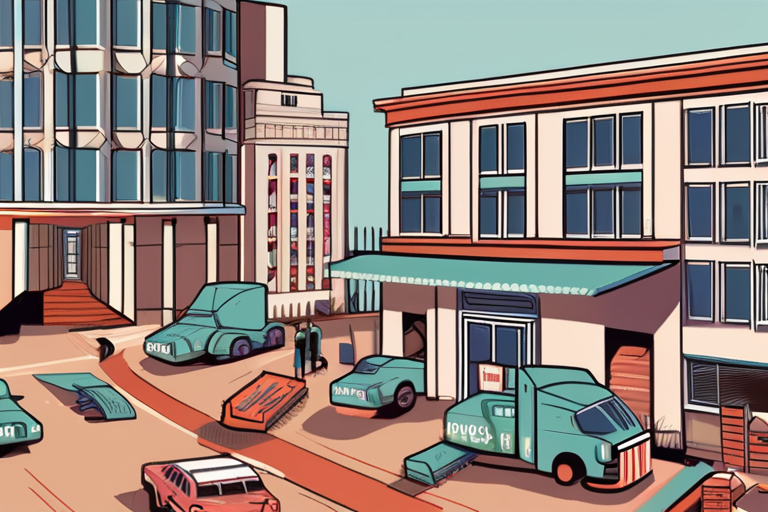
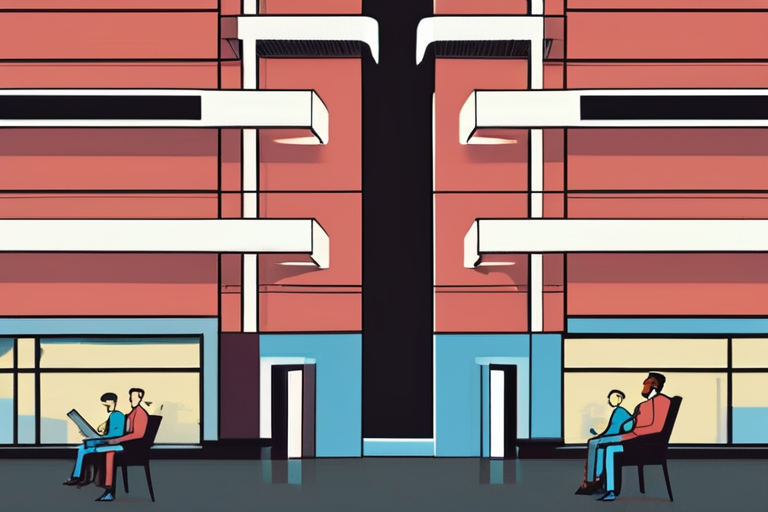
Share & Engage Share
Share this article